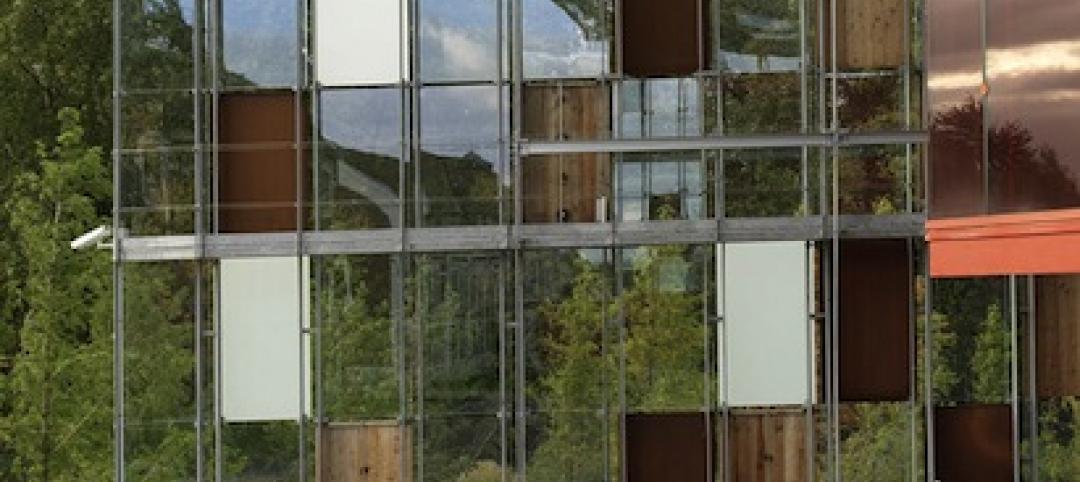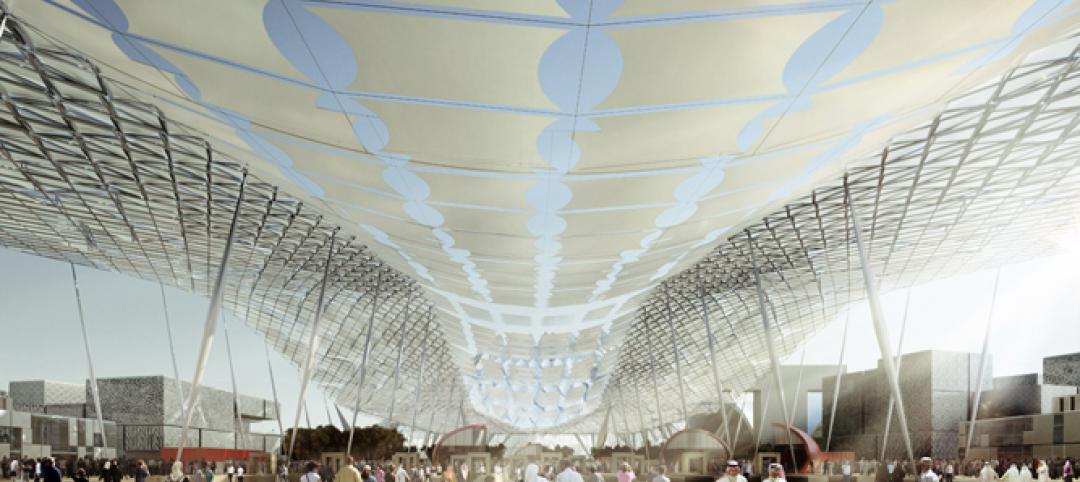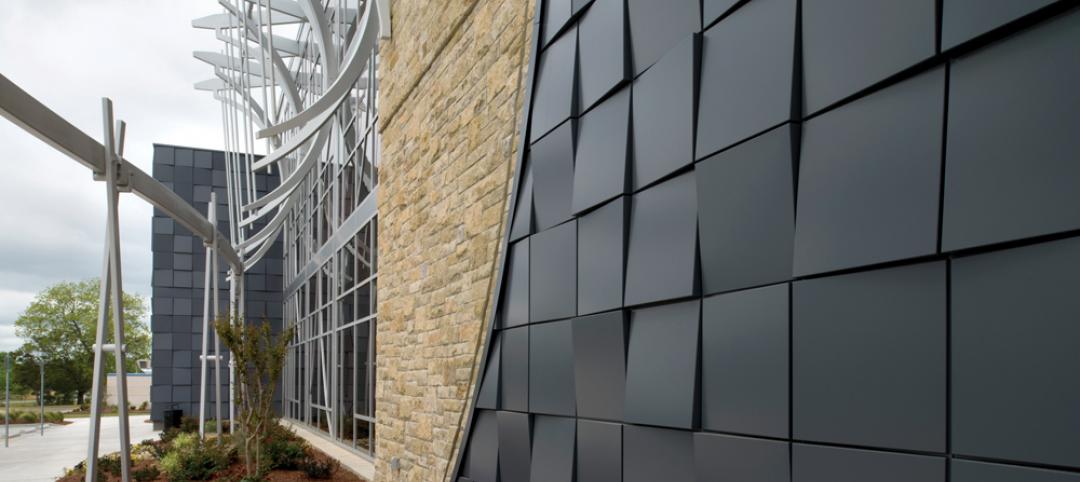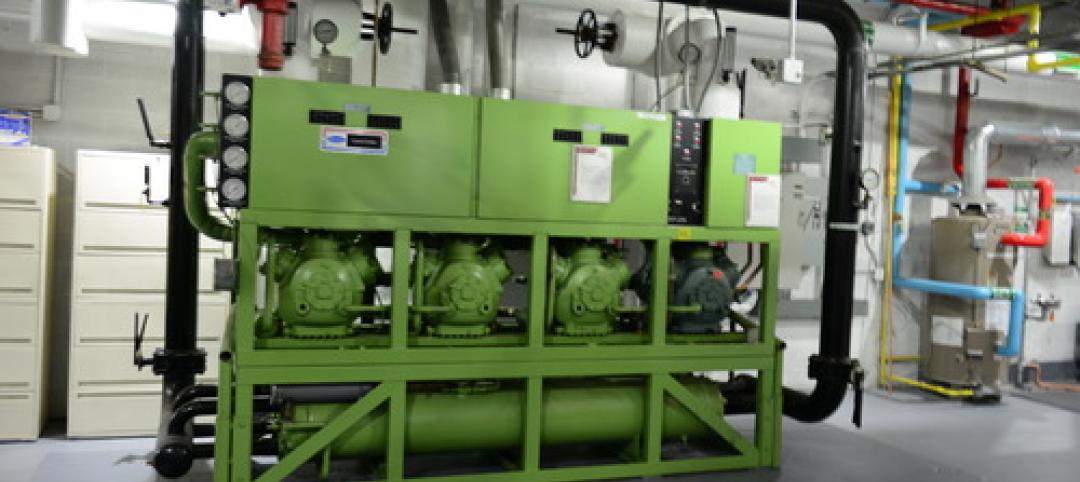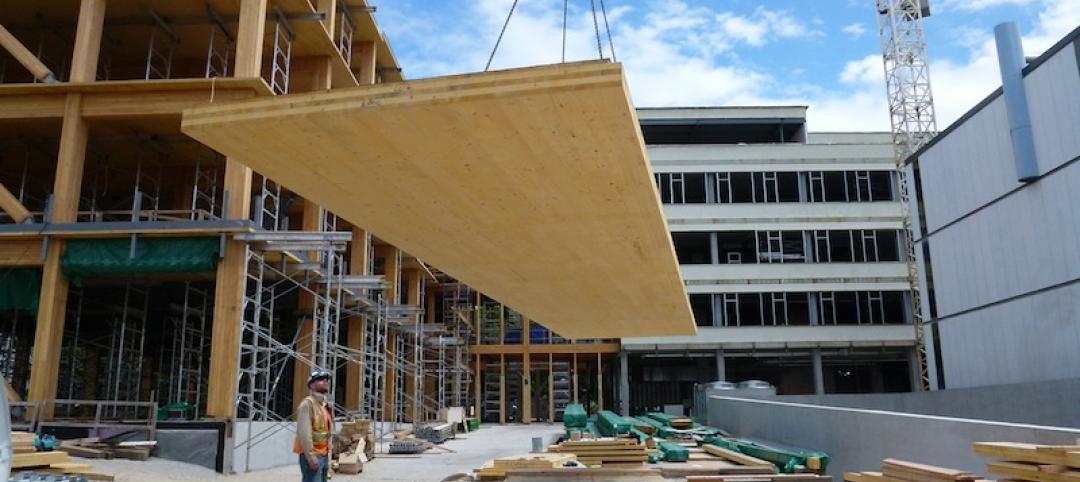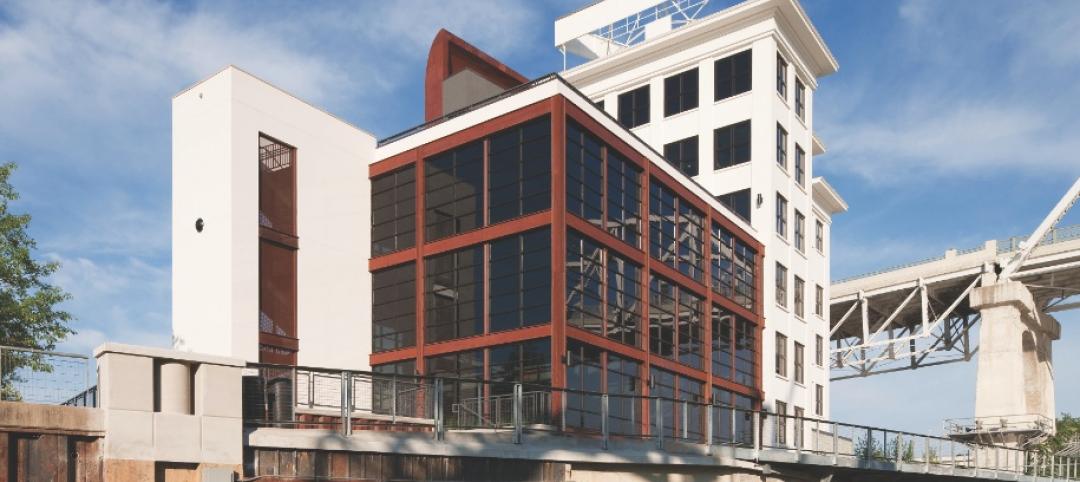
As part of a major revitalization of downtown Durham, N.C., locally based Capitol Broadcasting Company decided to transform the American Tobacco Company's derelict 16-acre industrial plant, which symbolized the city for more than a century, into a lively and attractive mixed-use development.
 |
| PHOTO: CAPITOL BROADCASTING COMPANY |
Although tearing down and rebuilding the property would have made more economic sense, the greater goal of building up downtown Durham and preserving history prevailed. Consequently, the city's largest ever historic preservation project got under way with a major environmental cleanup of the area.
Now, instead of blight, the bright new development features residential, office, restaurant, entertainment, and retail.
To preserve the historic nature of the original American Tobacco plant, only building materials that were available during the plant's lifetime (1874-1987) were used. Where new concrete had to be poured next to existing concrete, it was stressed and stained to match. Similarly, specialty brick masons were brought in to reconstruct old brickwork and craft new brick elements with the same designs and patterns found in the original buildings.
 |
| PHOTO: BOB HUGHES PHOTOGRAPHY |
One welcome feature is the incorporation of water throughout the project. Working with water feature consultant W.P. Law Inc., the Building Team, led by Atlanta architecture firm Smallwood, Reynolds, Stewart, Stewart & Associates, designed a scenic river, starting at the north end of the site and running south along the old loading docks and train tracks. Toward the center of the campus, the river splits into a beautiful, multi-level pool as it runs through a sprawling, green park.
Ultimately, the waters descend into the Fowler Courtyard via a refreshing waterfall, varying in height from three feet to 15 feet. A hidden reservoir then utilizes three 75-hp pumps to send water a quarter mile upstream, back to its headwaters.
Only trees and plants common to the community during the tobacco plant's operation were chosen for the landscaping. So as not to obstruct the project's architectural and scenic features, fewer and larger trees were selected.
 |
| Water features are significant additions to the American Tobacco Company’s grounds. The river runs along the lawn and under a bridge, past “ruins” constructed of old concrete slabs (left). The river terminates at the Fowler Courtyard, where it’s pumped back upstream to its headwaters. PHOTO: JEAN C. ALDY |
Another nature-friendly feature involved converting the old railroad tracks into bike trails for a “Rails to Trails” program.
Project guidelines stipulated that new buildings on the site had to conform to façade guidelines and could not obstruct views of the old buildings. The original water tower was preserved, while an amphitheater and stage were built below.
Local artists were commissioned to design art sculptures utilizing reclaimed machinery and materials from the old plant.
As is the case in many historic projects, no construction documents were found, so structural engineers from Morrison Engineers were on site to document existing structural conditions during demolition and reinforce structures as needed.
On the mechanical side, mechanical engineer Stantec Consulting largely kept the original plant's exposed mechanical and plumbing systems. The Building Team also went back in time to find ways to cool the buildings, utilizing the facility's extraordinarily thick walls and full basements to retain coolness.
At 1.5 million sf, the American Tobacco Project ranks as the largest redevelopment of a tobacco mill in North Carolina.
“It's a fantastic intervention in a decaying urban community,” said BD+C Renovation Awards judge Robert L. Selby, FAIA, Associate Director for Graduate Studies at the University of Illinois School of Architecture.
Related Stories
| Dec 13, 2013
Safe and sound: 10 solutions for fire and life safety
From a dual fire-CO detector to an aspiration-sensing fire alarm, BD+C editors present a roundup of new fire and life safety products and technologies.
| Dec 10, 2013
16 great solutions for architects, engineers, and contractors
From a crowd-funded smart shovel to a why-didn’t-someone-do-this-sooner scheme for managing traffic in public restrooms, these ideas are noteworthy for creative problem-solving. Here are some of the most intriguing innovations the BD+C community has brought to our attention this year.
| Dec 6, 2013
French concert hall includes integrated musical elements [VIDEO]
La Métaphone, a concert hall in Ognies, France, is a 1,980-sm facility with the unique characteristic of being a structural musical instrument. The solar-powered building incorporates musical elements in its walls, which can be played by musicians inside or outside the facility.
| Dec 4, 2013
First look: Dubai's winning bid for World Expo 2020 [slideshow]
Dubai has been chosen as the site of the 2020 World Expo. HOK led the design team that developed the master plan for the Expo, which is expected to draw more than 25 million visitors from October 2020 through April 2021.
| Nov 27, 2013
BIG's 'oil and vinegar' design wins competition for the Museum of the Human Body [slideshow]
The winning submission by Bjarke Ingels Group (BIG) and A+ Architecture mixes urban pavement and parkland in a flowing, organic plan, like oil and vinegar, explains Bjarke Ingels.
| Nov 27, 2013
Wonder walls: 13 choices for the building envelope
BD+C editors present a roundup of the latest technologies and applications in exterior wall systems, from a tapered metal wall installation in Oklahoma to a textured precast concrete solution in North Carolina.
| Nov 26, 2013
Construction costs rise for 22nd straight month in November
Construction costs in North America rose for the 22nd consecutive month in November as labor costs continued to increase, amid growing industry concern over the tight availability of skilled workers.
| Nov 25, 2013
Building Teams need to help owners avoid 'operational stray'
"Operational stray" occurs when a building’s MEP systems don’t work the way they should. Even the most well-designed and constructed building can stray from perfection—and that can cost the owner a ton in unnecessary utility costs. But help is on the way.
| Nov 19, 2013
Top 10 green building products for 2014
Assa Abloy's power-over-ethernet access-control locks and Schüco's retrofit façade system are among the products to make BuildingGreen Inc.'s annual Top-10 Green Building Products list.
| Nov 15, 2013
Greenbuild 2013 Report - BD+C Exclusive
The BD+C editorial team brings you this special report on the latest green building trends across nine key market sectors.




